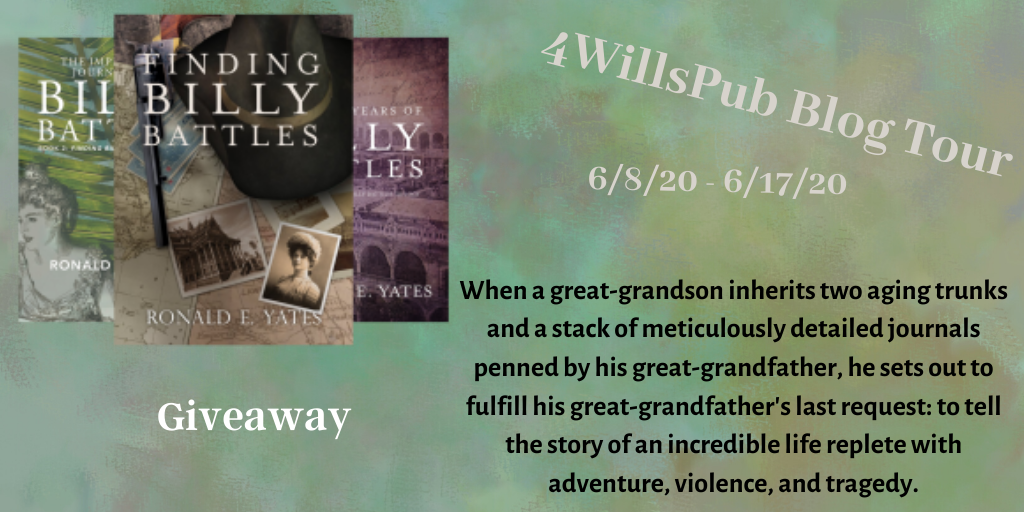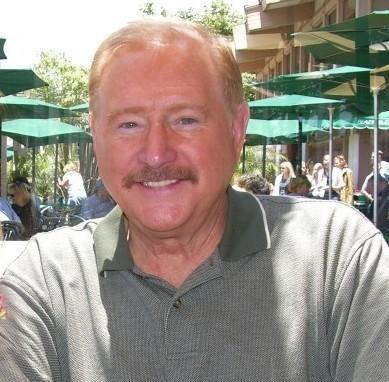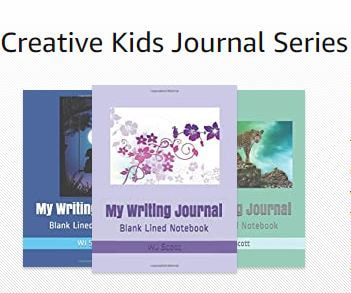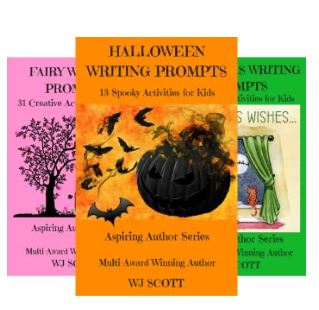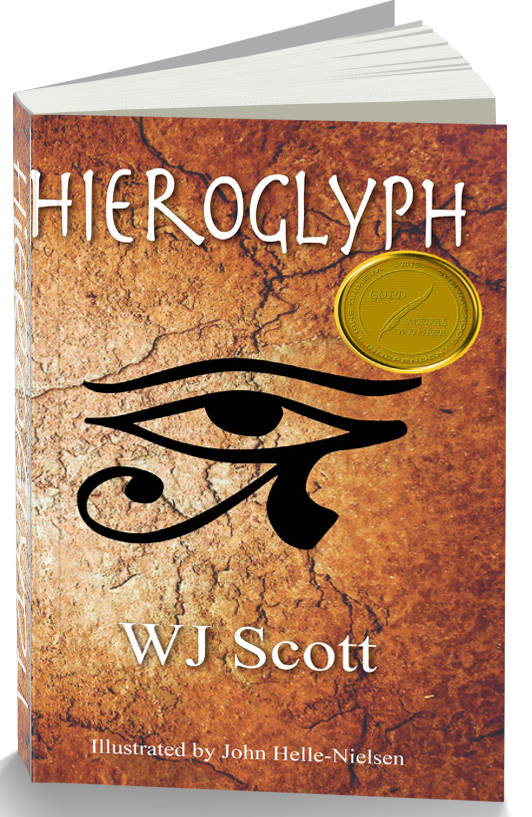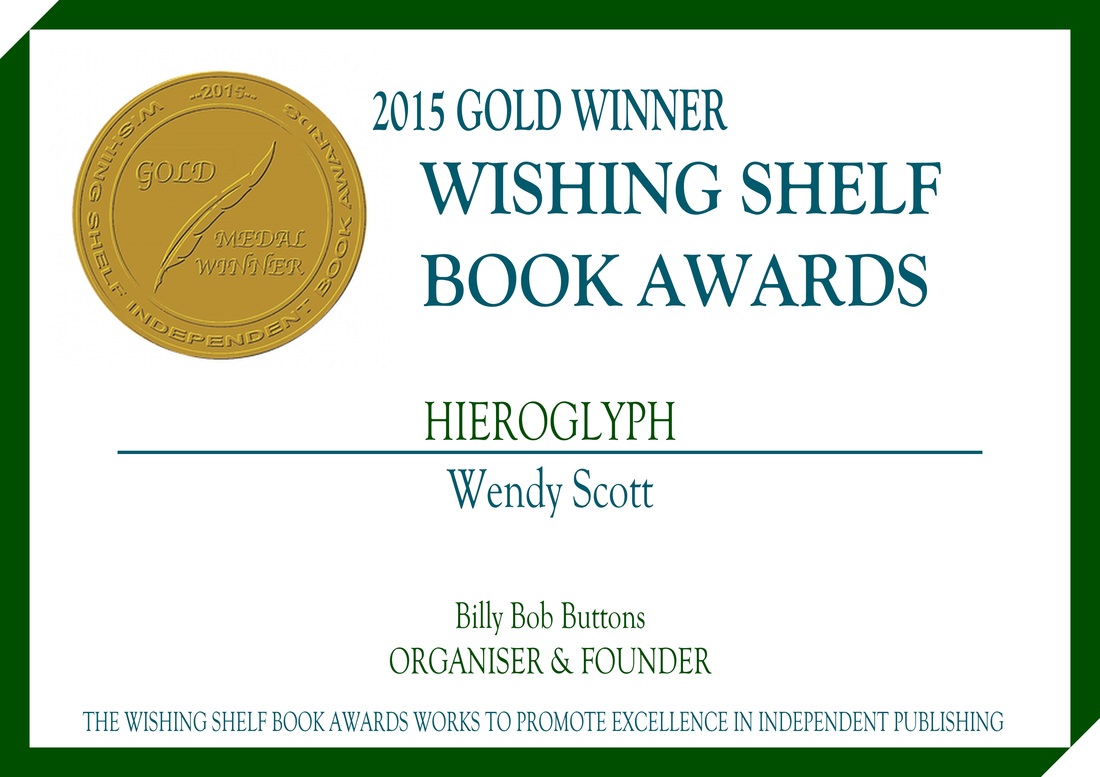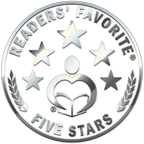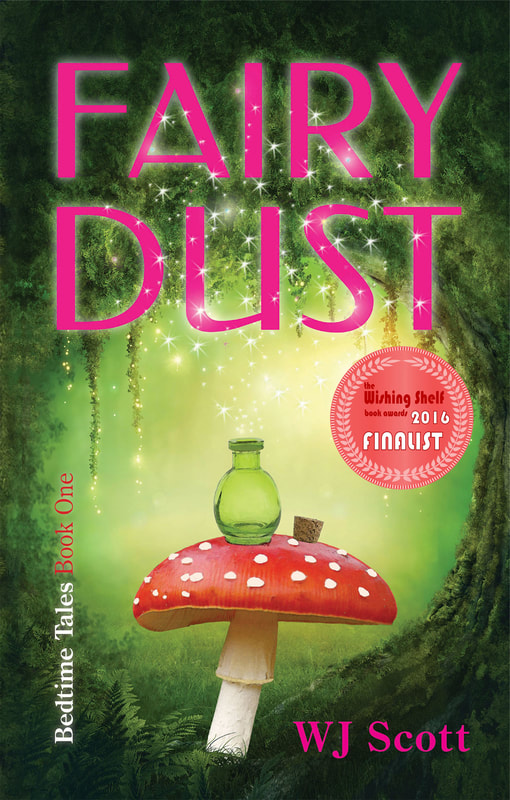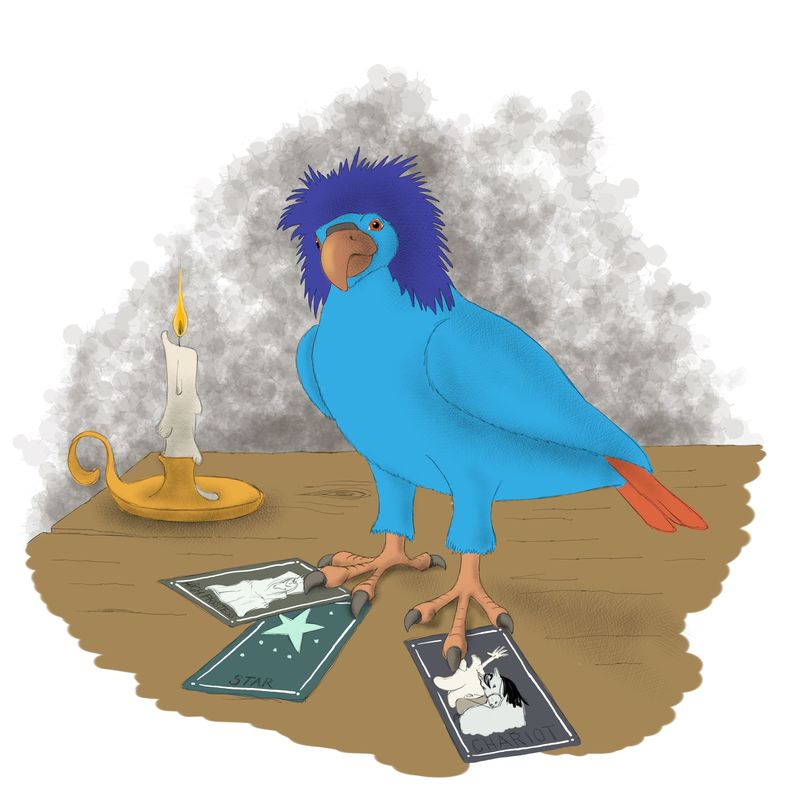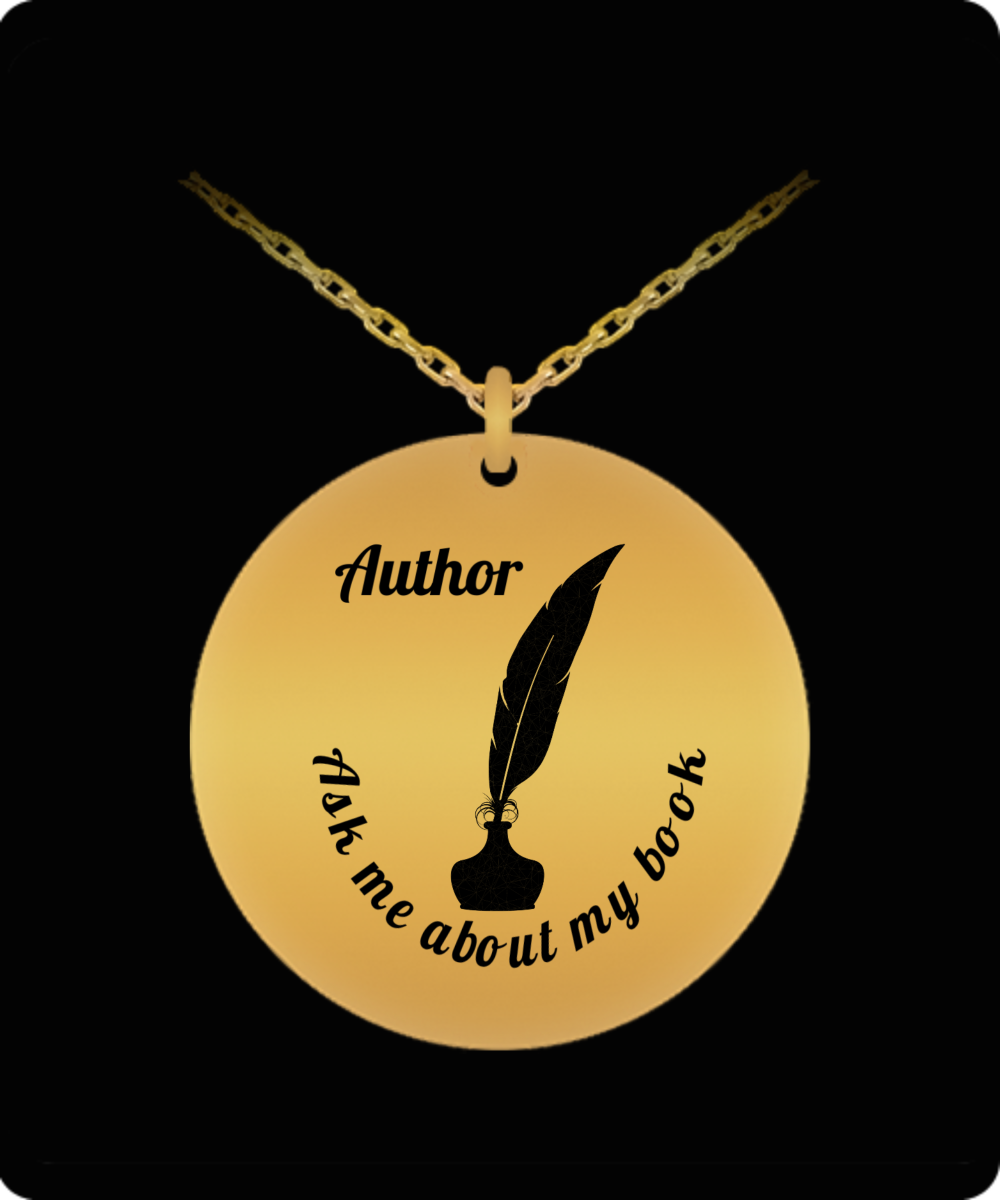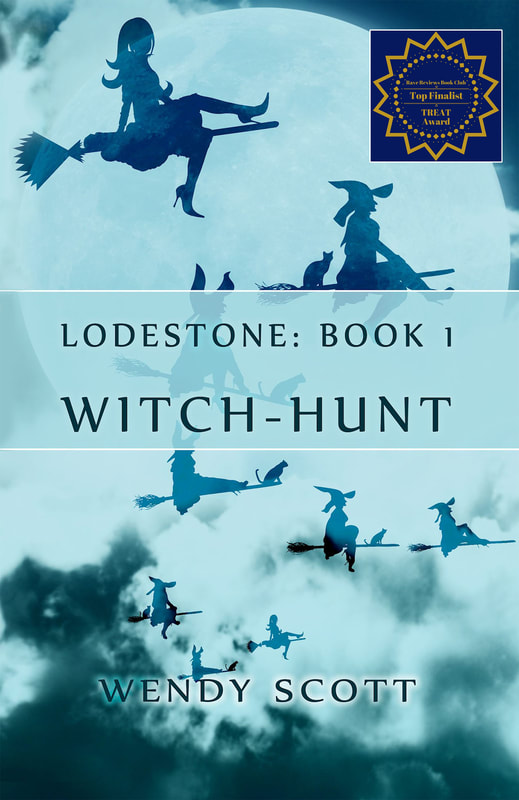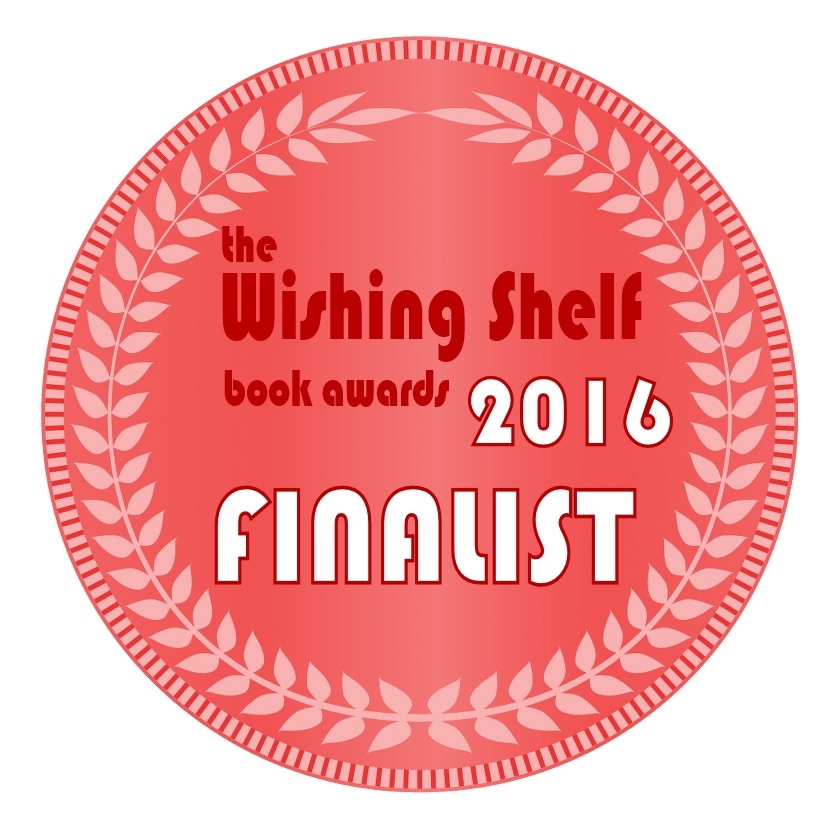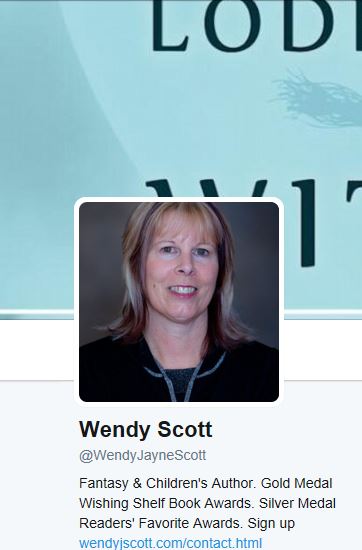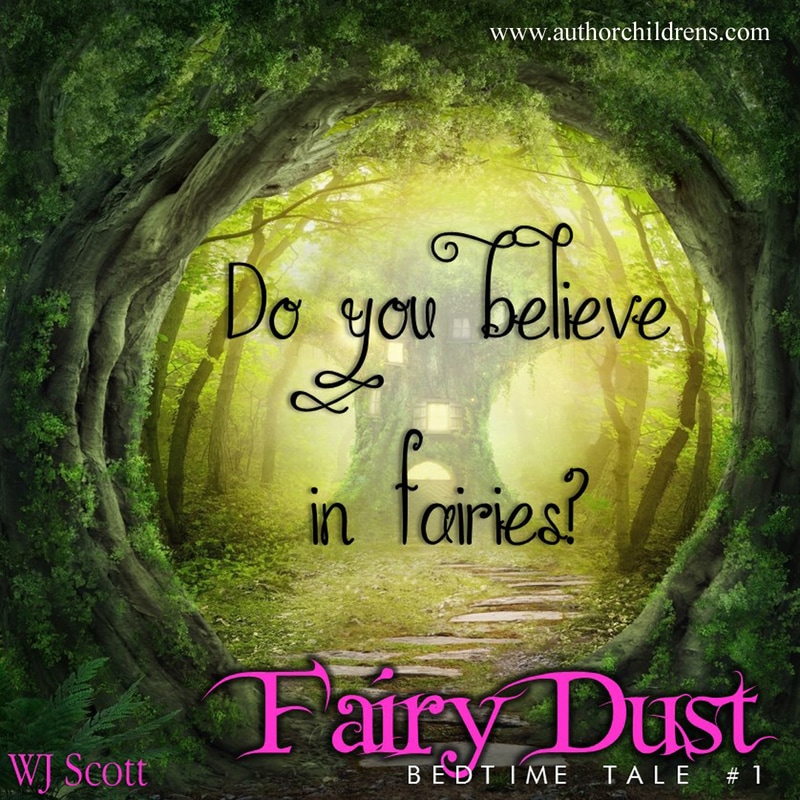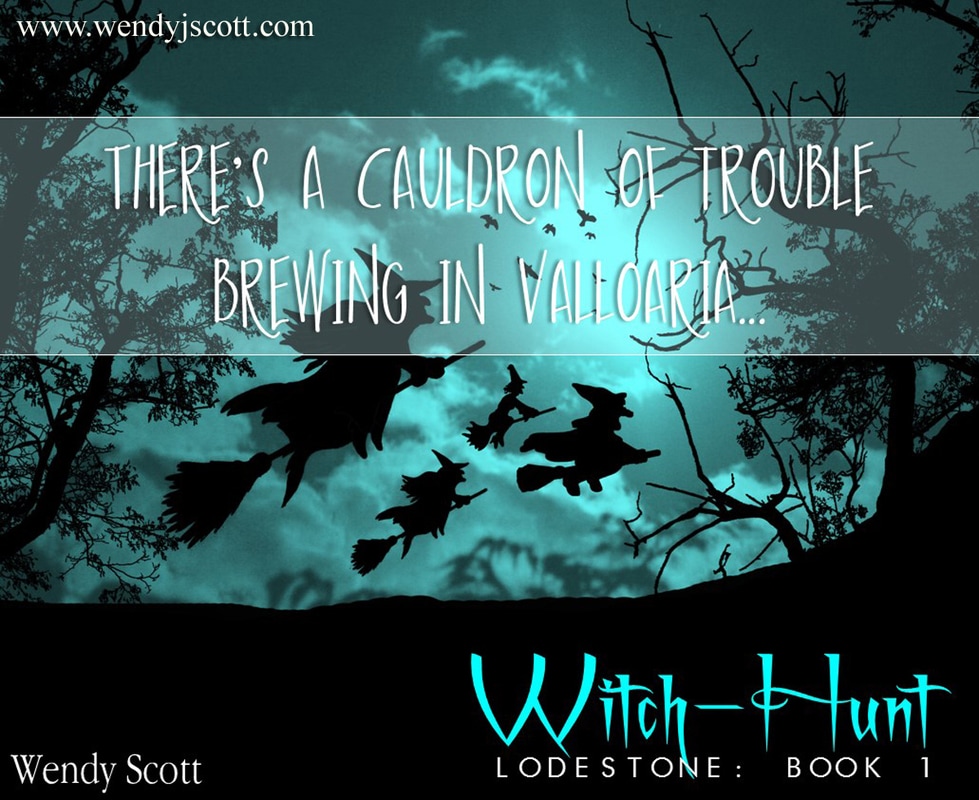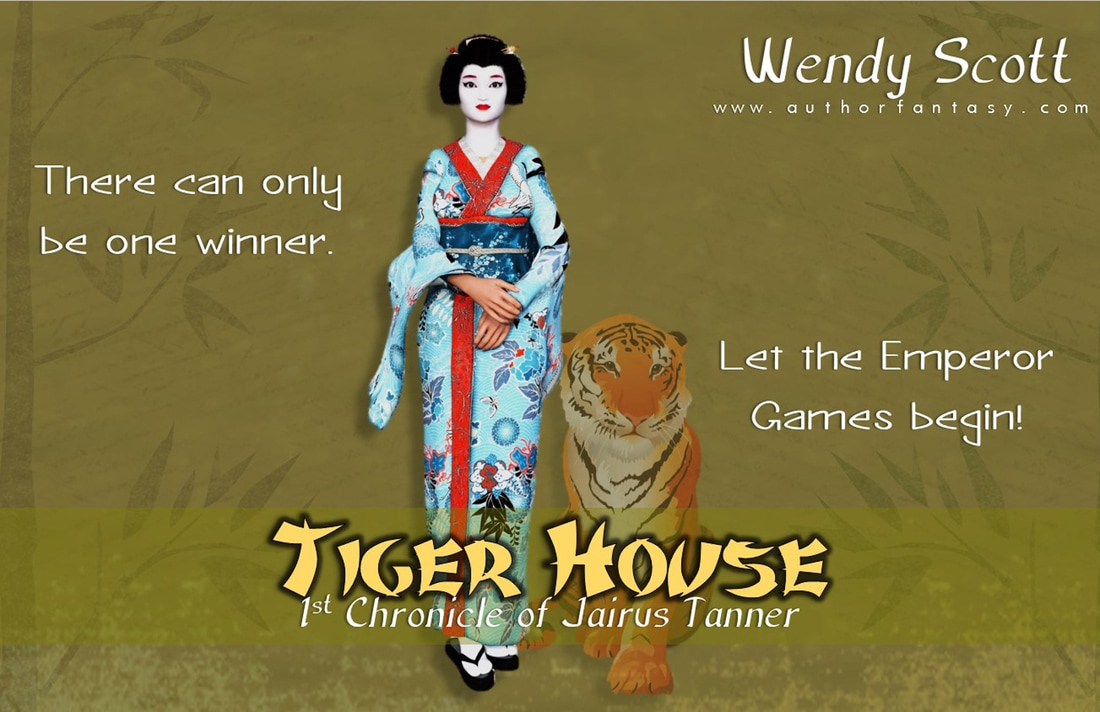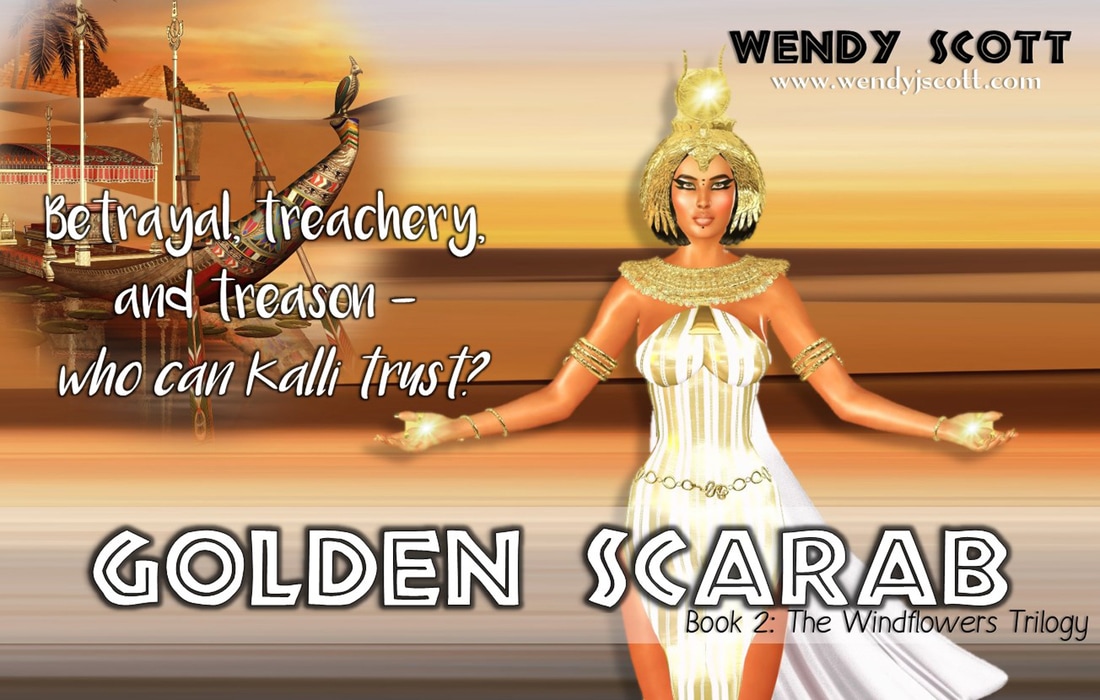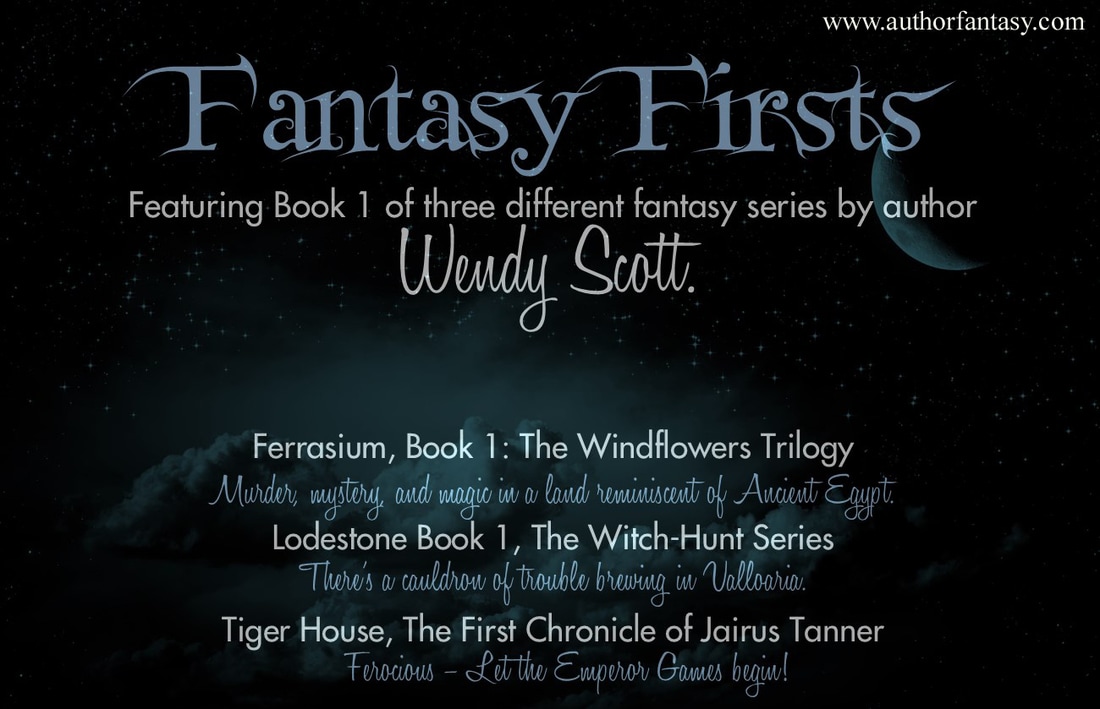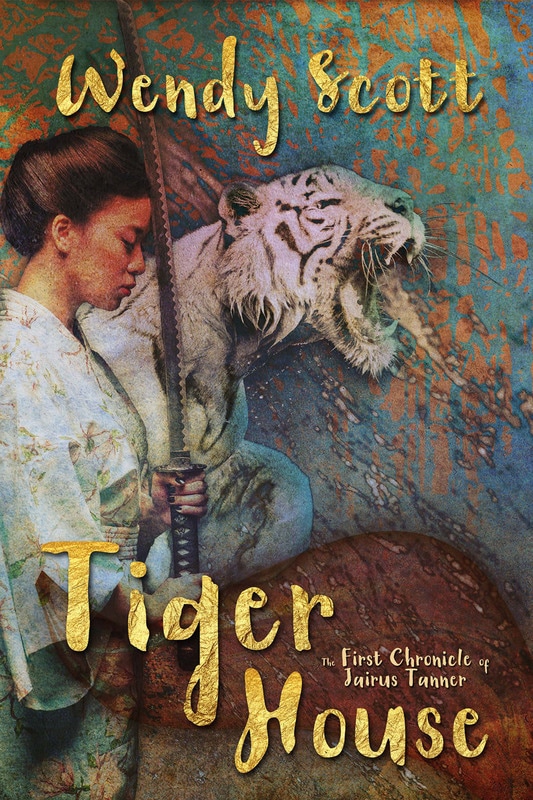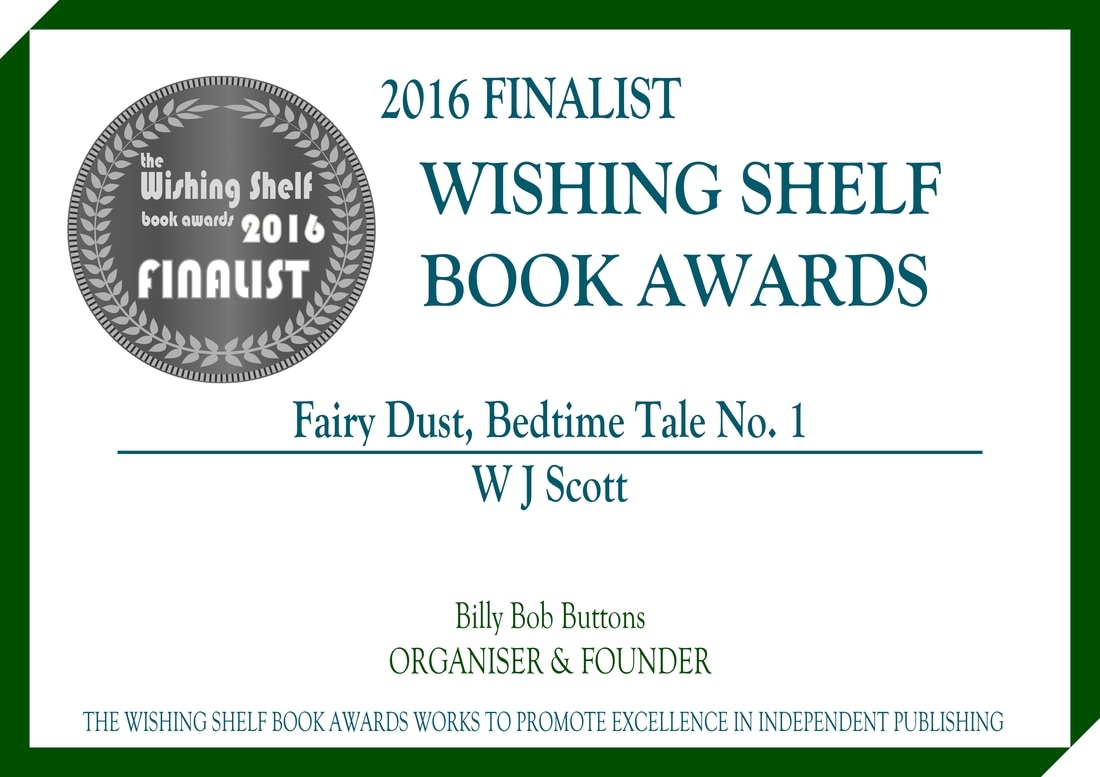If there is one thing most authors have in common, besides the shear agony that sometimes accompanies the writing process, it is the dreaded Rejection Letter from an agent or publisher.
I don't know who got this one from Harlequin, but it had to be devastating to the person receiving it.
Dear Bad Writer,
Unfortunately, it falls to me to inform you that Harlequin will not be publishing your novel, Kisses in January. While it is customary to send out a form letter in cases of such rejection, your novel was so strikingly inept, I felt I had to say a few words. One, you are not welcome to submit any future work to our offices. Two, both myself and my assistant are considering legal action against you for wasting our valuable time with your relentless tripe.
Among the areas needing vast improvement: Description, character development, and dialogue. The less said about the love scenes, the better. Should this novel been published, it would likely have resulted in the end of modern book sales.
Trying to forget,
Judith P. Esteman, Editor
Harlequin American Romance
I have received a few rejection letters--though none like the one from Harlequin.
Most authors--even wildly successful authors--have also received their share of rejection missives.
Don't believe me?
Just take a look at this list of rejection letters that were sent by publishers and agents to world-renowned, Nobel and Pulitzer Prize winning authors. It is simply part of the creative process and you need to keep moving ahead--just as these authors did.
---“The American public is not interested in China,” a publisher wrote Pearl S. Buck. Her book The Good Earth becomes the best-selling US novel two years running in 1931/32, and wins The Pulitzer Prize in the process.
---Alex Haley writes for eight years and receives 200 consecutive rejections from publishers and agents. His novel Roots becomes a publishing sensation, selling 1.5 million copies in its first seven months of release, and going on to sell 8 million.
---“He hasn’t got a future as a writer,” a publisher opines. Yet, publication of The Spy Who Came in From the Cold leads to its author, John le Carré, having one of the most distinguished careers in literary history.
---“Hopelessly bogged down and unreadable,” a publisher tells Ursula K. Le Guin in a 1968 rejection letter. She was not deterred and her book The Left Hand of Darkness goes on to become just the first of her many best-sellers, and is now regularly voted as the second best fantasy novel of all time, next to The Lord of the Rings.
---The Christopher Little Literary Agency receives 12 publishing rejections in a row for their new client, until the eight-year-old daughter of a Bloomsbury editor demands to read the rest of the book. The editor agrees to publish but advises the writer to get a day job since she has little chance of making money in children’s books. Yet Harry Potter and the Philosopher’s Stone by J.K. Rowling spawns a series where the last four novels consecutively set records as the fastest-selling books in history, on both sides of the Atlantic, with combined sales of 450 million.
---“It is so badly written," a publisher tells this author. Dan Brown is not discouraged, however, and tries Doubleday where his book makes an impression. The Da Vinci Code eventually sells 80 million copies.
---“Too different from other juvenile (books) on the market to warrant its selling,” says a rejection letter sent to Dr Seuss. His books have racked up $300 million in sales and he is now the 9th best-selling fiction author of all time.
See what I mean?
Editors, agents, first readers who dig through the publisher's slush pile--all are quite capable of making bone-headed decisions about other people's work. And they do it all the time.
So if you have a stack of rejection letters sitting on your desk or stuffed into a file cabinet, don't despair. You are not alone.
What you should do, instead of becoming despondent and inconsolable, is read those rejection letters carefully and look for the constructive criticism in them.
In most cases you will find some--though as one publisher told an author many years ago: "This manuscript should be buried under a pile of rocks and forgotten for the next thousand years." (That book went to become a bestseller and was even made into a movie. It's name: Lolita.)
Phrases like that can be a bit disheartening--even to the most thick-skinned scribbler. So far I have not received anything quite so venomous...though I have had my go-rounds with a few agents and editors who couldn't see the value of what I was working on.
Now that I am writing fiction rather than nonfiction, I am finding that I no longer really care what an agent or publisher may think of my work. I find that especially satisfying when I am able to see that customers on Amazon, Barnes & Noble and Goodreads like my book and are giving it mostly 5-stars with a handful of 4-star ratings.
That tells me that I must be doing something right.
The key is believing in yourself and the story you are telling. You will NEVER please everybody. There will always be those who don't understand or simply don't like your book or books. That's life.
But it is critical that you DO NOT stop believing in what you are writing. Does that mean you should ignore valid and constructive criticism?
No, it does not. If somebody has taken the time to tell you what is wrong with your book or why he or she didn't like it, you should also take the time to consider that criticism and learn from it.
It doesn't mean you should simply give up, stop writing and walk away from your computer. Writing is a skill that cannot be taught--at least not in the same way one learns calculus or biology.
It must be learned. And we learn to recognize good writing by reading.
Then we learn how to write by by writing, writing, writing--even if the writing we do is terrible, with way too many adjectives in place of strong action verbs or way too many compound-complex sentences that give readers migraines as they slog through page-long paragraphs.
Reading should be fun--not a chore. And only you, the writer, can dictate that.
So if a rejection letter says your prose is ponderous and pretentious, or your story is tedious and byzantine you might want to take a hard, critical look at what you have written.
And after doing that if you still disagree with the author of that rejection letter, then by all means, plow ahead. You may be right and that agent or editor may be wide of the mark.
Time and book sales will tell.

Finally, with his life coming to an end, Billy resurfaces in an old soldiers’ home in Leavenworth, Kansas. It is there, when he is 98 that he meets his 12-year-old great-grandson and bequeaths his journals and his other property to him — though he is not to receive them until he is much older.
Years later, the great-grandson finally reads the journals and fashions a three volume trilogy that tells of his great-grandfather's audacious life in the old west, as well as his journeys to the Far East of the 1890s—including French Indochina and The Philippines—and finally, in the early 20th century, to Europe and Latin America where his adventures and predicaments continue. One thing readers can be sure of, wherever Billy Battles goes trouble is not far behind.
Ronald E. Yates is a multi-award winning author of historical fiction and action/adventure novels, including the popular and highly-acclaimed Finding Billy Battles trilogy. His extraordinarily accurate books have captivated fans around the world who applaud his ability to blend fact and fiction.
Ron is a former foreign correspondent for the Chicago Tribune and Professor Emeritus of Journalism at the University of Illinois where he was also the Dean of the College of Media.
The Lost Years of Billy Battles is the final book in the trilogy and recently won the Independent Press Award’s 2020 Distinguished Favorites Award. In 2019 it also won Best Overall Book of the year and the Grand Prize in the Goethe Historical Fiction Category from Chanticleer International Book Awards as well as a Book Excellence Award and a New Apple Award. The second book in the trilogy, The Improbable Journeys of Billy Battles, was published in June 2016. It won the 2017 KCT International Literary Award and the New Apple Award in the Action/Adventure category. The first book in the trilogy, "Finding Billy Battles," was published in 2014 and won a Book Excellence Award and Laramie Award from Chanticleer International Book Awards.
As a professional journalist, Ron lived and worked in Japan, Southeast Asia, and both Central and South America where he covered several history-making events including the fall of South Vietnam and Cambodia; the Tiananmen Square massacre in Beijing; and wars and revolutions in Afghanistan, the Philippines, Nicaragua, El Salvador and Guatemala, among other places. His work as a foreign correspondent earned him several awards including three Pulitzer Prize nominations.
Ron is a frequent speaker about the media, international affairs, and writing. He is a Vietnam era veteran of the U.S. Army Security Agency and lives just north of San Diego in Southern California’s wine country.
SOCIAL MEDIA LINKS:
-Twitter https://twitter.com/jhawker69
-Facebook https://www.facebook.com/ronaldyatesbooks/
-Website https://ronaldyatesbooks.com/
AMAZON OR OTHER PURCHASE LINKS:
Amazon:
https://www.amazon.com/-/e/B001KHDVZI/-/e/B00KQAYMA8/
Barnes & Noble:
https://www.barnesandnoble.com/s/finding%20billy%20battles/_/N-8q8
